[ad_1]
Zalacaín, Madrid
One of the most elegant and luxurious restaurants in Madrid, Zalacaín was the first restaurant in Spain to be awarded the prestigious three Michelin Stars. It earned its stars in 1987, but had been going for almost 50 years, before it was forced to close its doors. Dishes that it became famous for included quail egg with smoked salmon and caviar; ravioli stuffed with mushrooms, truffle and foie gras; and wild sea bass with pink peppercorn sauce. Over the years Zalacaín had welcomed everyone from Spanish politicians to celebrities.
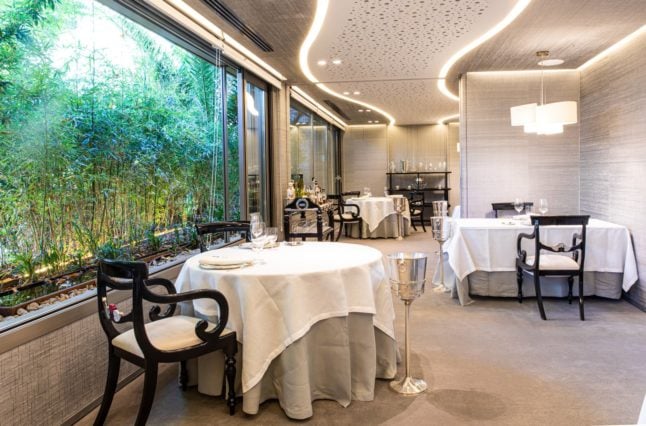
Bar Manolo, Sevilla
Located on the Plaza Alfalfa, one of the most popular squares in Seville’s historic centre, Café Manolo had been a favourite on the Seville tapas scene for the past 85 years. Manager Felix Jímínez, who had worked there since 1979, was just 15 years old when he started. They were loved for their pavías (battered fish) and ensaladilla rusa (a salad of avocado, tuna belly and tomatoes). Upon closing, Jímínez told OK Diario “It’s a nightmare and many more will follow”.
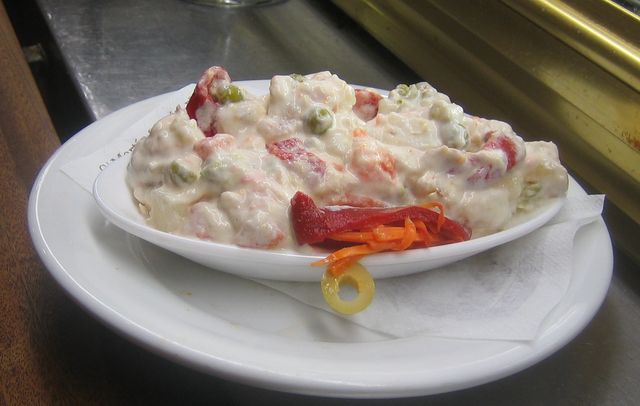
Cal Pinxo, Barcelona
One of the most historic bars in Barcelona’s old fisherman’s quarter of Barceloneta, Cal Pinxo offered spectacular views over the city’s marina and multi-million euro superyachts. During its 60 years of history, the restaurant had been owned by the same family and was passed down through five generations. From humble beginnings as a chiringuito, which was knocked down in the 90s, it went on to become a swanky spot loved by locals and tourists alike. The restaurant was famed for its rice dishes, paellas and fideuás (similar to paellas but made with short noodles instead of rice).
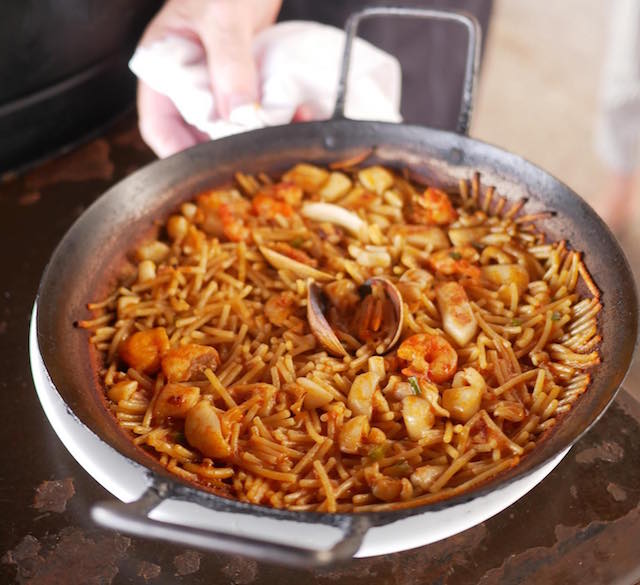
Hontanares, Madrid
Bar, café and bakery, Hontanares was one of Madrid’s most well-known establishments. It had been a city staple on the scene since 1966. Since its opening, the café hadn’t been shut a single day, until the pandemic stopped it at the end of 2020. Visited by an average of 1,600 people per day, Hontanares was well-liked because of its simple offerings: pastries and toasts for breakfasts; sandwiches, burgers and tapas for lunch; dinners and then cocktails in the evenings.
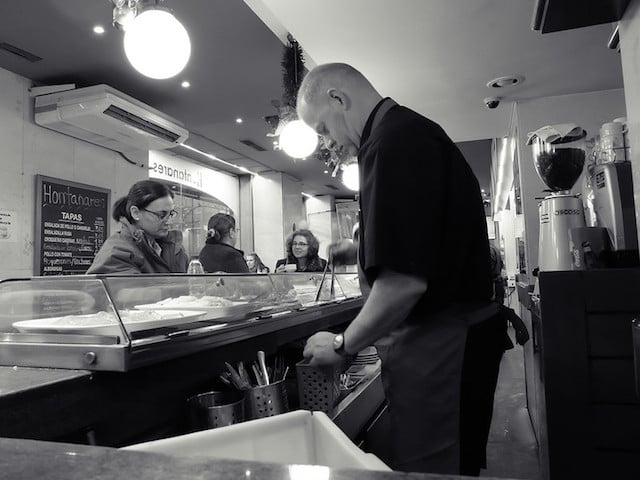
Taberna Basaras, Bilbao
The oldest bar in Bilbao’s Casco Viejo, the tiny Taberna Basaras was a Basque city favourite for over 80 years. It was known for its delicious salted anchovies, juicy tortillas de patata (potato omelettes), croquetas de bacalao (cod croquettes) and chorizo a la sidra (chorizo in cider) and was frequented by the city’s chefs, just as much as it was the public. Its regulars included everyone, from local artists to famous Basque singers, and it will surely be missed.
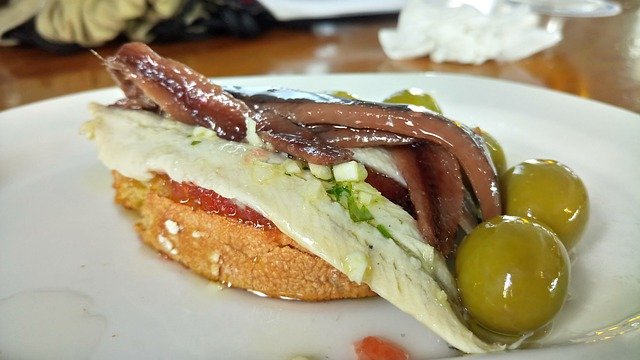
Senyor Parellada, Barcelona
One of Barcelona’s most emblematic restaurants, Senyor Parellada was part of the Hotel Banys Orientals in the Born district of the city. It was opened by Ramon Parellada in 1983 and has been delighting locals and tourists with its quirky art-filled interiors, traditional Catalan cuisine and delicious paellas for the past 38 years. Parellada himself is from one of Barcelona’s great food families. His grandfather took over one of Barcelona’s oldest restaurants – 7 Ports and his daughter works at the well-known Fonda Europa de Granollers restaurant, founded in 1771. This is also where Parellada grew up and learned his skills in the kitchen.
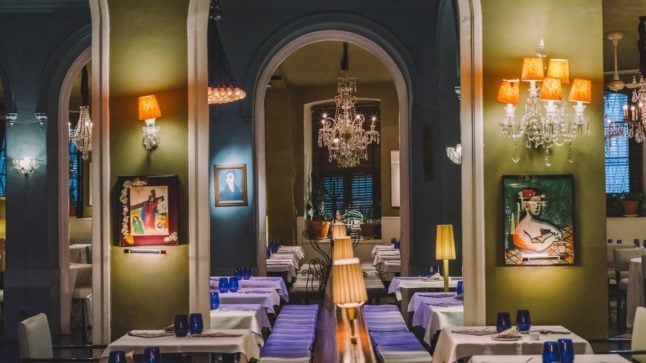
Ferpal, Madrid
A large deli with counters full of cheese and legs of ham, strung up from the ceiling, Ferpal was a popular fixture in Madrid for the past 50 years. Locals would come to stock up on cold cuts, cheeses and canned goods, then stop at the little bar for a homemade sandwich and a chat before continuing with their shopping.
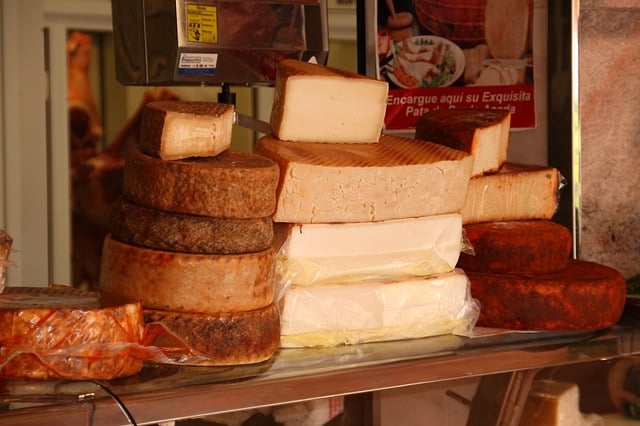
A Fuego Negro, San Sebastián
A Fuego Negro may have not have been open as long as some of these other restaurants, but certainly made a name for itself in the last 15 years as one of San Sebastian’s most famous pintxos bars. In a short time, it became one of the masters of modern Basque cooking. Its pintxo offerings included bread topped with tomato purée, mussels and béchamel sauce and a dessert pintxo of frozen chocolate and corn. On its website, the owners shared their sadness of being forced to close. “We are happy with our contribution to gastronomy, pintxos culture, and thank Donostia for welcoming us for the last 15 years” they added.
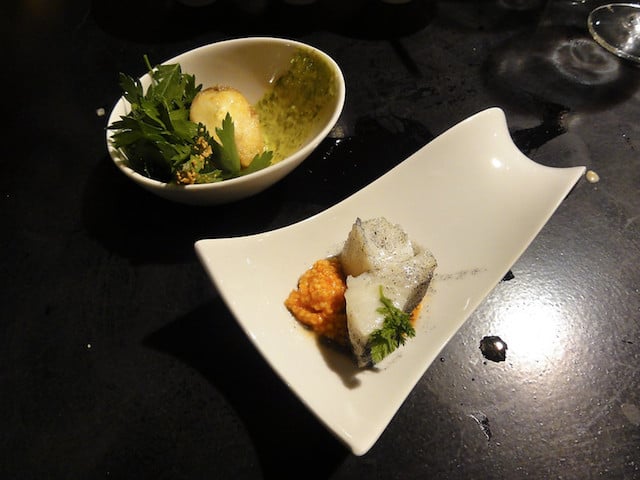
Casa Eme, Seville
The historic Casa Eme is another of Seville’s much-loved bars that was forced to close. Decorated with brightly-coloured tiles, religious icons and photos of Seville’s Semana Santa, it was a typical Andalusian bar where dishes were written up in chalk each day on the blackboard and orders were shouted into a microphone when they were ready. In 2019, it won the Premio GURMÉ for the ‘Best Traditional Restaurant’. Run by the friendly Emeterio Serrano, better known as Eme, for the past 30 years it served up tasty tapas dishes such as fried almonds, solomillo al whisky (sirloin in whisky sauce), grilled seafood and snails.

Diagonal Can Soteras, Barcelona
A traditional Catalan restaurant, Can Soteras, as it was more commonly known, was in business for over a century until Covid forced it to close down. Founded in 1915 by Jaume Soteras, it began as a place where drivers and transporters could rest their animals and get something to eat before continuing on their journey. In 1930, the old inn was transformed into the Diagonal Can Soteras restaurant which was popular with families going out for celebratory meals. One of its house specialities were the snails, which have been a favourite on the menu for the past 30 years.
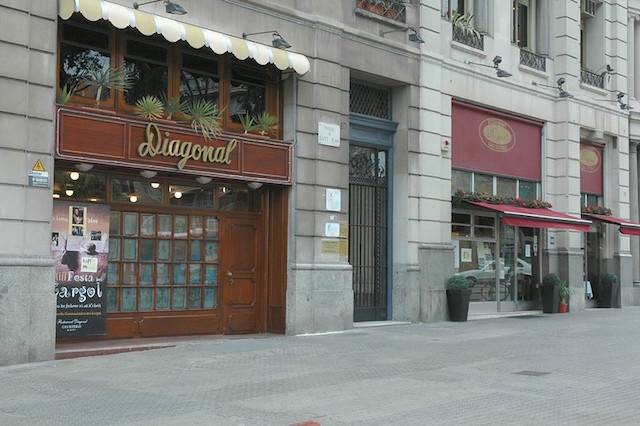
[ad_2]
Source link